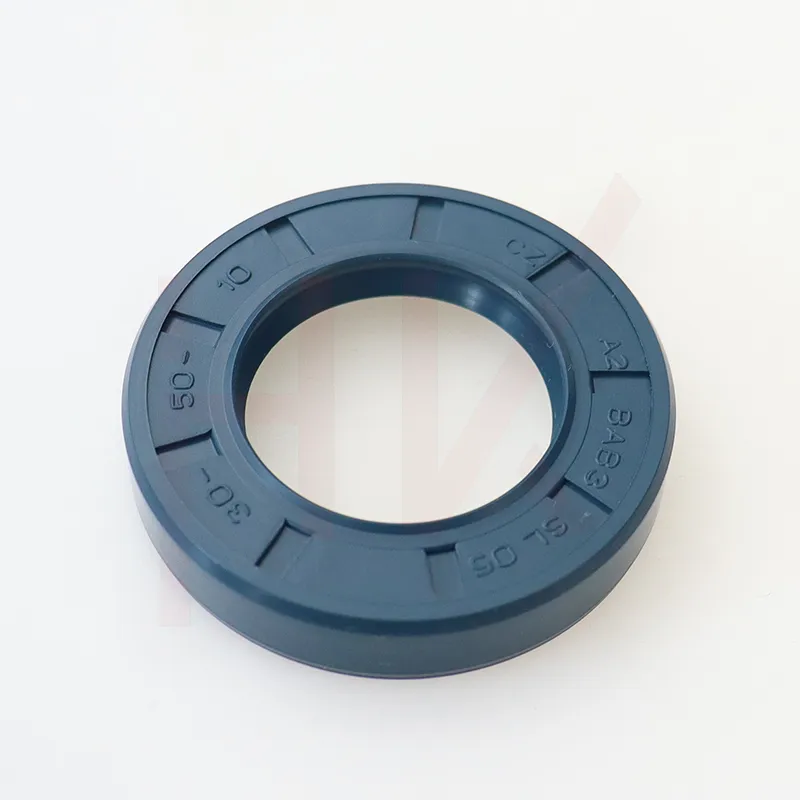12월 . 15, 2024 05:00 Back to list
Wheel Bearing Hub Seal Maintenance and Replacement Guide for Optimal Performance
Understanding Wheel Bearing Hub Seals Importance, Function, and Maintenance
Wheel bearing hub seals are crucial components in the automotive industry, playing a significant role in ensuring vehicle safety and performance. Although often overlooked, these seals are essential for maintaining the integrity of wheel bearings, which are fundamental to the smooth operation of every vehicle. This article will highlight the importance, functions, and maintenance of wheel bearing hub seals.
What Are Wheel Bearing Hub Seals?
Wheel bearing hub seals, often referred to simply as hub seals, are specially designed seals that prevent the intrusion of dirt, dust, and moisture into the wheel bearing assembly. They also serve to keep the grease or lubricant contained within the bearings, ensuring that they operate effectively. Typically made from durable materials such as rubber or synthetic compounds, these seals are designed to withstand harsh environmental conditions, including extreme temperatures and pressures.
Importance of Wheel Bearing Hub Seals
The significance of wheel bearing hub seals cannot be overstated. Their primary function is to protect the wheel bearings from contaminants that can cause premature wear and tear. When dirt or moisture enters the bearing assembly, it can lead to corrosion and damage to the bearing surfaces. This can result in increased friction, overheating, and ultimately, bearing failure. A failed wheel bearing can lead to serious safety issues, including the risk of wheel detachment while driving, resulting in potential accidents.
Additionally, maintaining proper lubrication within the wheel bearings is essential for smooth operation. The hub seals ensure that the grease remains where it should be, reducing the need for frequent maintenance and extending the lifespan of the bearings. Overall, functioning hub seals contribute to the overall health of a vehicle's suspension system and enhance driving performance.
Function of Wheel Bearing Hub Seals
wheel bearing hub seal

The primary function of wheel bearing hub seals involves creating a barrier against external contaminants. They are strategically designed to fit tightly in the wheel hub assembly, preventing dirt and moisture from entering while ensuring that the lubricant remains sealed inside. Some hub seals are equipped with additional features, such as spring-loaded designs or dual-lip configurations, which enhance their sealing capabilities.
Moreover, these seals also play a role in reducing noise generated by the bearings. A properly sealed bearing operates more quietly, contributing to a smoother and more comfortable ride. In high-performance vehicles, where tolerances are minimal, the integrity of the hub seals becomes even more critical for optimal function and driver satisfaction.
Maintenance and Replacement
Regular vehicle maintenance should include checking the condition of wheel bearing hub seals. Unfortunately, due to their location, these seals may not always be visibly accessible. Mechanics recommend inspecting them during routine tire rotations or brake replacements to ensure that they are intact and functioning correctly.
Signs that a wheel bearing hub seal may need replacement include a noticeable increase in noise while driving, especially when turning, or an indication of grease leaking from the wheel hub area. If any of these symptoms are present, it is crucial to have the seals inspected and replaced if necessary to avoid further damage to the wheel bearings.
Replacing wheel bearing hub seals is a job best left to professionals, as it requires specific tools and expertise to ensure that the new seals are installed correctly. Using OEM (Original Equipment Manufacturer) parts is advisable, as these seals are manufactured to meet the exact specifications of the vehicle, ensuring optimal performance and longevity.
Conclusion
In conclusion, wheel bearing hub seals are an indispensable component of vehicle safety and performance. They play a vital role in protecting wheel bearings from contamination and maintaining proper lubrication, thereby extending the life of the bearings and ensuring a smooth driving experience. Regular maintenance and timely replacement of faulty seals are essential practices for any vehicle owner who wishes to maintain their vehicle’s health and reliability on the road. By understanding the importance of these small yet significant components, drivers can take proactive measures to ensure their safety and the longevity of their vehicles.
-
The Trans-formative Journey of Wheel Hub Oil Seals
NewsJun.06,2025
-
Graphene-Enhanced Oil Seals: Revolutionizing High-Pressure Oil Sealing
NewsJun.06,2025
-
Future of Hydraulic Sealing: Advanced Intelligent TCN Oil Seals
NewsJun.06,2025
-
Don’t Let a Broken TCV Oil Seal Ruin Your Day
NewsJun.06,2025
-
Bio-Inspired Dust Seals for Better Sealing Performance
NewsJun.06,2025
-
Biodegradable and Sustainable Hydraulic Seal Materials
NewsJun.06,2025
-
Top Oil Seal Solutions for Your Industrial Needs
NewsMay.22,2025
Products categories
















